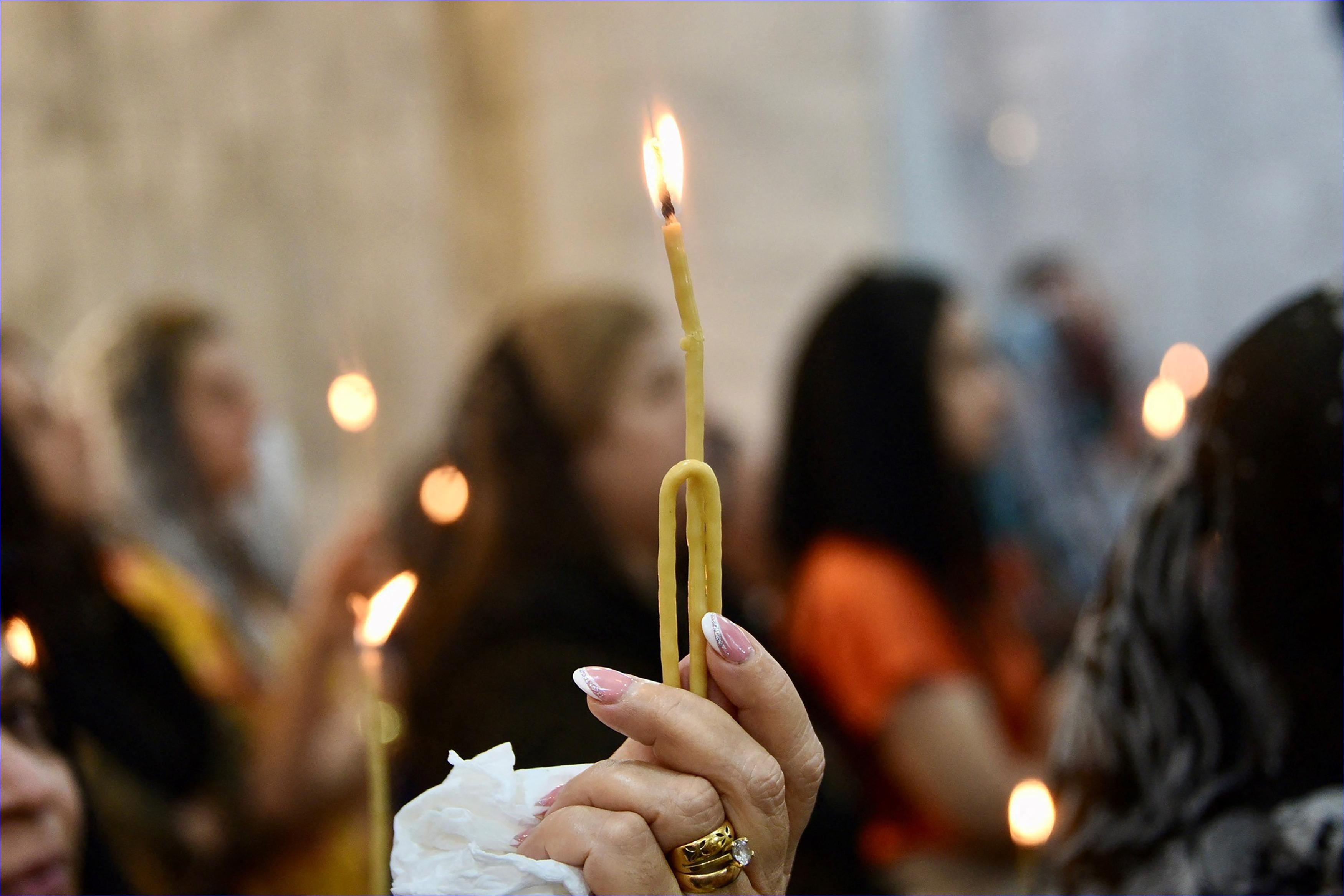


Religious freedom is often dismissed as a buzzword of conservative advocacy, but it should be taken seriously as an issue of immediate humanitarian concern that bypasses polarizing debates. The second Trump administration has already reoriented U.S. foreign policy to restore American economic and military might. Some may dismiss international religious freedom as detracting from these geopolitical goals, when in reality it advances them.
While all persecuted groups--Jews, Muslims, Yazidis, and more--deserve U.S. attention, the global crisis facing Christians, from China to the Middle East, demands urgent prioritization because of the scarcity of their advocates. Protecting Christians also aligns with America's Judeo-Christian heritage, extending compassion to others and ensuring the nation's moral compass guides its global role.
America was born from a hunger for religious liberty. In 1620, the Pilgrims traveled from England to Plymouth seeking a place to worship without fear. This vision shaped the colonies, where Baptists, Quakers, Catholics and others built communities rooted in faith. The 1787 Constitution and 1791 Bill of Rights enshrined this ideal, with the First Amendment barring laws "prohibiting the free exercise" of religion.
For two and a half centuries, religious freedom has driven America's story. Christian abolitionists fought slavery, citing biblical justice. Churches and synagogues anchored the civil rights movement, with pastors like Dr. Martin Luther King Jr. preaching equality. Yes, America has stumbled at times--anti-Catholic nativism, Mormon expulsions, and recent antisemitic and anti-Muslim acts have exposed gaps between ideal and reality. The 1998 International Religious Freedom Act (IRFA) mandated action against such persecution, a legacy the current administration can build on, as did Trump's first.
Religious freedom is non-negotiable for President Donald Trump's base, who see it as under attack by secularism at home. President Trump has tapped into this, vowing repeatedly to protect faith as a pillar of national greatness and on May 1 establishing the Religious Liberty Commission to advance this objective domestically. Likewise, defending persecuted Christians abroad is a rallying cry against tyranny for many Americans.
Christians face persecution on a staggering scale. In China, the Communist Party demolishes churches and jails pastors, affecting over 100 million Christians. Pakistan's Christians, barely 2 percent of the population, face lynchings over false accusations of blasphemy, with 2024 seeing churches burned and families displaced. Iran routinely jails Christian converts, imprisoning and executing them for "apostasy." Nigeria is experiencing intense anti-Christian bloodshed, with over 3,000 Christians killed in 2024 alone, and girls abducted for forced marriages by the Boko Haram and Fulani militias.
Other faiths suffer, too. In Syria, Iraq, and Iran, Christians, Alawites, Druze, and other religious minorities face overlapping horrors. Alawites are subjected to systematic persecution by the new Syrian authorities, whose roots lie in the violent jihadist movement. The Druze in southern Syria also face violence from Sunni extremists and militias linked to the new Syrian authorities.
Mark Walker's record of supporting measures against antisemitism and Islamophobia shows a broad vision. His nomination as ambassador for International Religious Freedom will ensure the effectiveness of this position. As a former member of Congress, Walker understands Washington and the policy process. As a minister, he understands the spiritual toll of persecution.
Walker inherits a rich legacy from Trump's first term, which put a stop to ISIS' genocide against Christians and Yazidis in Iraq and Syria. IRF Ambassador Sam Brownback launched a now-annual State Department-sponsored International Religious Freedom Summit that brings together representatives from 100 countries, including Christians, Muslims, Jews, Buddhists, Hindus, Baha'is, Yazidis, and others. Among many Trump first-term successes were the freeing of Pastor Andrew Brunson from Turkey and the 2019 Global Call to Protect Religious Freedom.
Walker is now tasked with confronting China's church crackdowns, Pakistan's blasphemy laws, and Nigeria's ruthless slaughter of believers. In Syria, Iraq, and Iran he must navigate complex sectarian violence, advocating for Christians alongside Alawites, Druze, and other minorities. His diplomacy must incorporate a complex mix of sanctions, prisoner releases, and rallying of allies.
Christians--some 380 million spanning 190 countries--face persecution of a unique breadth and intensity, with few advocates as powerful as the U.S. This crisis destabilizes regions, fuels mass migration, and empowers anti-American autocrats. Only the U.S. has the muscle--diplomatic, economic, moral--to lead. Sanctions under IRFA, visa bans, and public pressure can counter China's malign influence, stabilize Nigeria, and check Iran's aggression in keeping with President Trump's geopolitical agenda. It should be a mainstay of this administration's foreign policy.
Ambassador Michael Gfoeller served as political advisor to the U.S. Central Command and is a member of the Council on Foreign Relations.
Greg Gross served as deputy assistant secretary of Defense and is vice president of the Board for Solidarity with the Persecuted Church.

or register to post a comment.